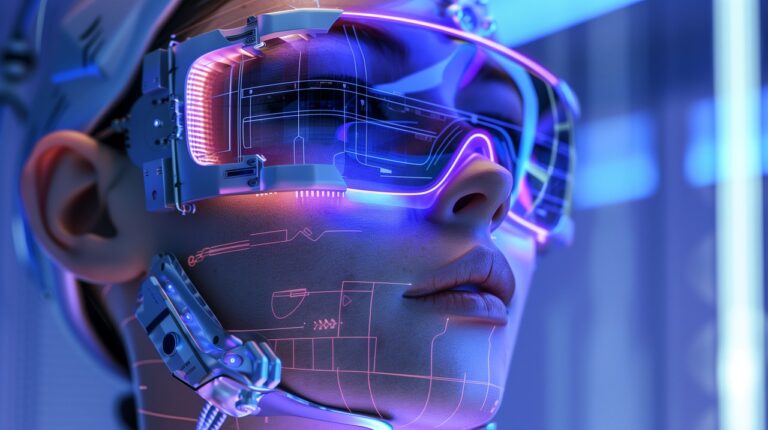The Future of Healthcare Regulation and Policy
Recent years have witnessed an increasing focus on healthcare regulations and policies worldwide. The implementation of these regulations seeks to standardize healthcare practices, enhance patient care quality, and ensure the safety of medical procedures. Various governmental bodies are enforcing strict rules to monitor the compliance of healthcare providers, aiming to safeguard public health and improve overall healthcare outcomes.
Furthermore, the evolving landscape of healthcare regulations is driven by the constant need to adapt to new technologies and medical advancements. The integration of digital platforms, telemedicine services, and electronic health records has necessitated updates in existing regulations to address privacy concerns, data protection issues, and ethical considerations. As healthcare continues to embrace innovation, policymakers face the challenge of balancing regulatory frameworks to support technological progress while upholding patient rights and wellbeing.
Challenges in Healthcare Regulation and Policy
Managing the evolving landscape of healthcare regulation and policy presents an array of complex challenges for both governmental bodies and healthcare stakeholders. One of the primary hurdles is the need to balance regulatory requirements with the demands for innovation and efficient delivery of care. Striking this balance is imperative to ensure that regulations support high-quality healthcare services while also fostering advancements in the field.
Moreover, the rapidly changing nature of healthcare, driven in part by technological advancements and shifting demographics, adds another layer of complexity to regulatory challenges. Keeping pace with these changes and adapting regulations accordingly is crucial to address emerging issues such as data privacy, telehealth utilization, and patient engagement. Failure to address these challenges in a timely and effective manner could hinder the ability of healthcare systems to meet the evolving needs of patients and communities.
• Ensuring regulatory requirements do not stifle innovation and efficient care delivery
• Adapting regulations to keep pace with technological advancements and shifting demographics
• Addressing emerging issues such as data privacy, telehealth utilization, and patient engagement in regulations
• Failure to address challenges could hinder healthcare systems’ ability to meet evolving needs of patients and communities
Impact of Technology on Healthcare Regulation
In recent years, the advancement of technology has significantly influenced healthcare regulation. The integration of electronic health records (EHR) has revolutionized how patient information is gathered, stored, and shared. This shift to digital records has prompted regulatory bodies to establish strict guidelines to ensure the privacy and security of patients’ sensitive data.
Furthermore, the rise of telemedicine and mobile health applications has raised concerns regarding the quality and effectiveness of care provided through these platforms. Regulators are faced with the challenge of ensuring that these technologies meet the same standards of care as traditional in-person medical services while balancing the need for innovation and accessibility in healthcare delivery.
What are some examples of current healthcare regulations and policies?
Some examples of current healthcare regulations and policies include HIPAA (Health Insurance Portability and Accountability Act), FDA regulations for medical devices and pharmaceuticals, and Medicare reimbursement policies.
What are some challenges in healthcare regulation and policy?
Some challenges in healthcare regulation and policy include keeping up with rapidly evolving technology, balancing patient privacy with data sharing for research purposes, and ensuring equitable access to healthcare services for all populations.
How has technology impacted healthcare regulation?
Technology has impacted healthcare regulation by introducing new challenges such as regulating telemedicine and health apps, ensuring data security and privacy in the digital age, and addressing the ethical implications of technologies like AI and genetic testing.
What are some potential future developments in healthcare regulation?
Potential future developments in healthcare regulation include increased focus on cybersecurity in healthcare systems, regulatory frameworks for emerging technologies like blockchain and precision medicine, and efforts to streamline regulatory processes to adapt to the fast pace of technological innovation.







